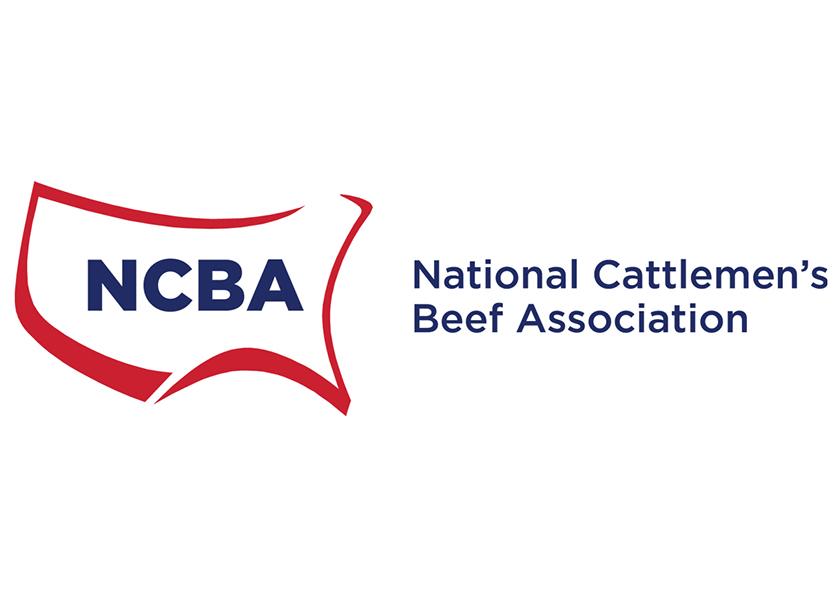NCBA Again Strongly Opposes Paraguayan Beef Imports

The National Cattlemen’s Beef Association (NCBA) strongly opposes the U.S. Department of Agriculture’s (USDA) decision to allow Paraguayan beef imports starting next month. NCBA has repeatedly raised concerns with USDA over Paraguay’s history of foot-and-mouth disease (FMD) and the outdated information used to justify Paraguay’s access to the U.S. market. NCBA is concerned that USDA’s failure to use information from recent site visits in the risk assessment may pose great risk to the safety of the U.S. cattle herd.
“USDA based their decision to allow beef imports from Paraguay on a deeply flawed risk assessment that uses old data from site visits that were conducted more than nine years ago. Paraguay has a history of FMD outbreaks, and it is unclear if their inspection system can provide an equivalent level of safety for animal health to prevent a possible FMD outbreak on U.S. soil,” said NCBA Executive Director of Government Affairs Kent Bacus. "Paraguay heavily relies on private sector funding for most of its FMD mitigation measures, and USDA did not consider the risk associated with Paraguay’s economic downturn over the last several years.
"Gaining beef access to the U.S. market has been the top priority for Paraguay in multiple rounds of trade discussions. Unfortunately, this is not the first time that a foreign country’s beef access to the United States was a pre-determined outcome and used as a bargaining tool for other U.S. interests. The dismissal of legitimate concerns from U.S. cattle producers is unacceptable and USDA should halt this unscientific, unsafe rulemaking. While winning friends and allies in South America may be part of the long-term interests of U.S. diplomacy, it should not be done on the backs of U.S. cattle producers or by putting at risk the health and livelihood of the safest and most efficient cattle and beef production system in the world.”
Background
NCBA filed comments earlier this year calling on USDA to continue blocking fresh beef imports from Paraguay due to Paraguay’s history of foot-and-mouth disease (FMD) and the outdated information from site visits in 2008 and 2014 that were used to justify Paraguay’s access. NCBA also raised concerns about Paraguay’s ability to fund and administer FMD safeguards and called into question the security of the borders they share with other countries including Brazil. NCBA urged USDA to continue the ban on Paraguayan beef imports until a thorough review can be conducted and U.S. cattle producers are assured Paraguay is able to provide an equivalent level of safety for U.S. consumers and livestock.
Read NCBA’s full comments here.







